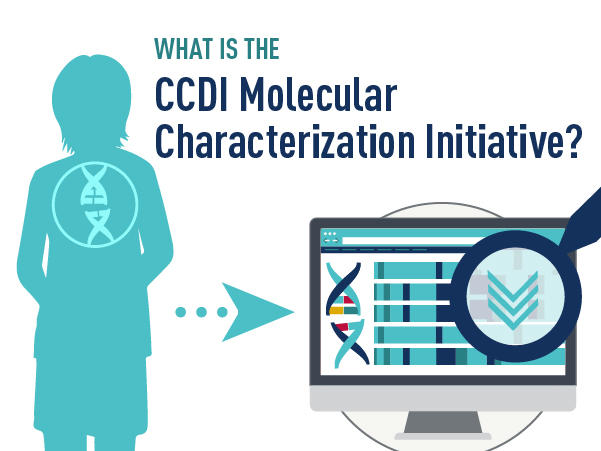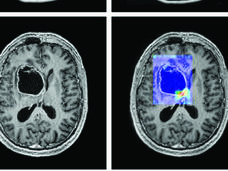| Cancer Information Highlights | | From the National Cancer Institute | | Updating you about cancer causes, prevention, screening, treatment, coping, and more | | | | New from NCI | | Severe Cancer Treatment Side Effects Are More Common in Women |  | | Women are more likely than men to have severe side effects from cancer treatments. Researchers hope to increase awareness of the problem and help guide patient care. | | NCI Launches Biomarker Testing Program for Childhood Cancers |  | | The Molecular Characterization Initiative offers free biomarker testing, also called molecular characterization, to children, teens, and young adults with newly diagnosed central nervous system tumors being treated at hospitals that are part of the Children's Oncology Group. The results of this testing can help doctors choose the most effective and possibly least toxic treatment for each young person. | | Can Artificial Intelligence Help See Cancer in New and Better Ways? |  | | Researchers have been developing artificial intelligence tools that could make cancer imaging faster, more accurate, and more informative. But there are questions about whether these tools are ready for doctors' offices, whether they will actually help people, and whether they will benefit all—or only some—people. | Prostate Specific Antigen (PSA)
This newly updated page explains the PSA test, which looks for a protein in the blood that is produced by both normal and cancer cells of the prostate gland. Read how the test is used, who should get it, what a normal test result tells you, and next steps after a higher-than-normal result. | Targeted Therapy Helps Some with Metastatic Prostate Cancer Live Longer
Based on results from a recent study, darolutamide (Nubeqa) could become part of the standard treatment for some people with advanced prostate cancer. Learn more about darolutamide, which blocks proteins that can allow cancer cells to grow and divide.
| | PDQ Updates | Chronic Myelogenous Leukemia Treatment
This revised page has updated information on the targeted therapy drugs used to treat chronic myelogenous leukemia, a slow-growing cancer that starts in the bone marrow. | | FDA Approvals | Ciltacabtagene Autoleucel
We added a new drug summary for ciltacabtagene autoleucel (Carvykti). The Food and Drug Administration (FDA) recently approved this drug to treat adults with multiple myeloma. It is used when at least four other kinds of treatment have not worked or have stopped working. | Pacritinib Citrate
We added a new drug summary for pacritinib citrate (Vonjo). FDA recently approved this drug to treat adults who have certain types of myelofibrosis and a low platelet count. | | | | | Also of Interest | Common Cancer Myths and Misconceptions
Certain popular ideas about how cancer starts and spreads—though wrong—can seem to make sense. This page provides science-based information about some common cancer myths and misconceptions. | Advances in Colorectal Cancer Research
NCI-funded researchers are working to advance our understanding of how to prevent, detect, and treat colorectal cancer. This page highlights some of the latest research on this cancer. | Contact Us for Help
Information specialists at NCI's Cancer Information Service (CIS), NCI's contact center, are available to help answer your cancer-related questions in English and Spanish. Reach us by phone, chat, or email. | | | | | |
No comments:
Post a Comment